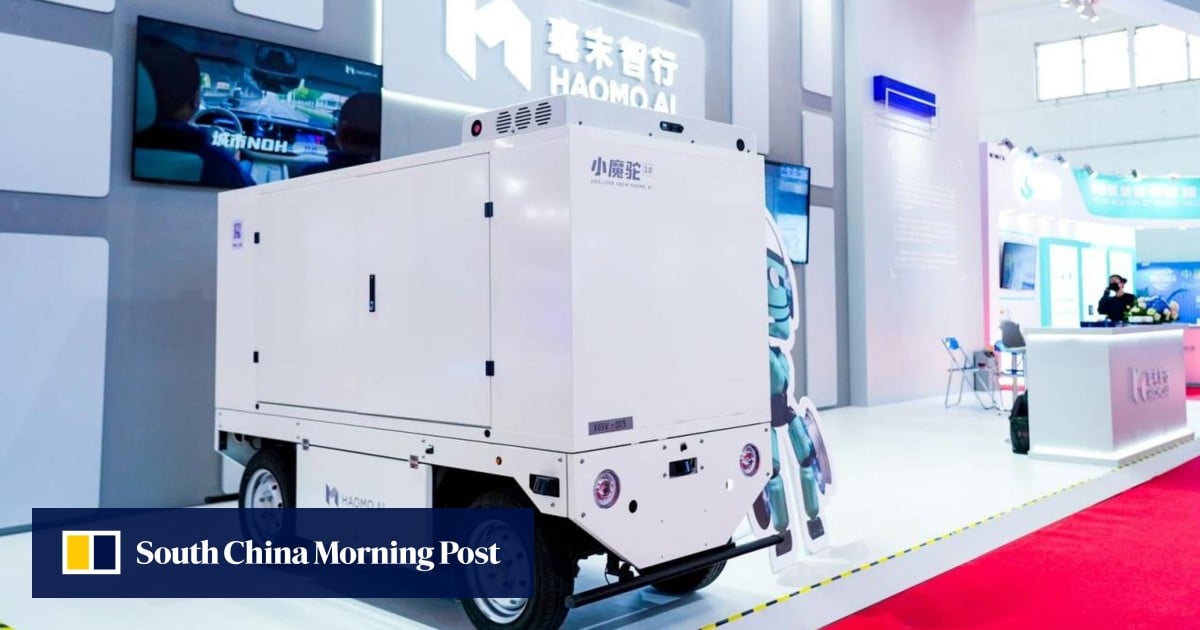
22 Feb Autonomous cars: Chinese start-up Haomo, backed by Great Wall Motor, raises fresh capital to develop driverless tech
Wufa is an investment group funded by the local government of Chengdu, capital of Southwest China’s Sichuan province.
The Series B1 fundraising comes after Haomo netted more than 1 billion yuan of capital in previous rounds of financing carried out since the company’s establishment in 2019.
“EV assemblers and key component suppliers in China are facing overcapacity and finding it difficult to raise additional capital, but technology providers, whose autonomous driving systems and digital products can bring new experiences to drivers and passengers, are still investment darlings,” said Ding Haifeng, a consultant at Shanghai-based financial advisory firm Integrity. “A high level of intelligence helps carmakers to draw buyers.”
In China, consumers now prefer smart EVs to petrol cars because most battery-powered vehicles come with self-driving capabilities and digital cockpits, according to Cui Dongshu, general secretary of the China Passenger Car Association.
Most intelligent vehicles on the mainland are classified as Level 2 (L2) or L2+, which stipulate that the driver must be alert and ready to take control at any time.
Haomo said its ADAS products were used in 20 different electric models, offering the cars capabilities such as automatic braking and lane-changing.
The new products, capable of L2 autonomy, cost vehicle assemblers as little as 3,000 yuan (US$417) apiece, compared to the average price of at least US$2,000.
Haomo said the fresh funds it raised from Wufa would also be invested in developing robotic technologies for autonomous vehicles used for services such as cleaning and police patrols that are expected to be launched in the Wuhou district of Chengdu.
China’s congested roads, vast population and long urban commutes have created a voluminous data file that helped compress the learning curve for self-driving systems, getting them into the mainstream sooner than in many other markets, analysts have said.
Some Chinese carmakers, like Guangzhou-based Xpeng, have received the necessary regulatory approvals to test their advanced autonomous driving systems for commercial use.
Some Xpeng cars, fitted with the company’s X NGP (Navigation Guided Pilot) software, are now capable of autonomous driving in big cities like Beijing and Shanghai.

